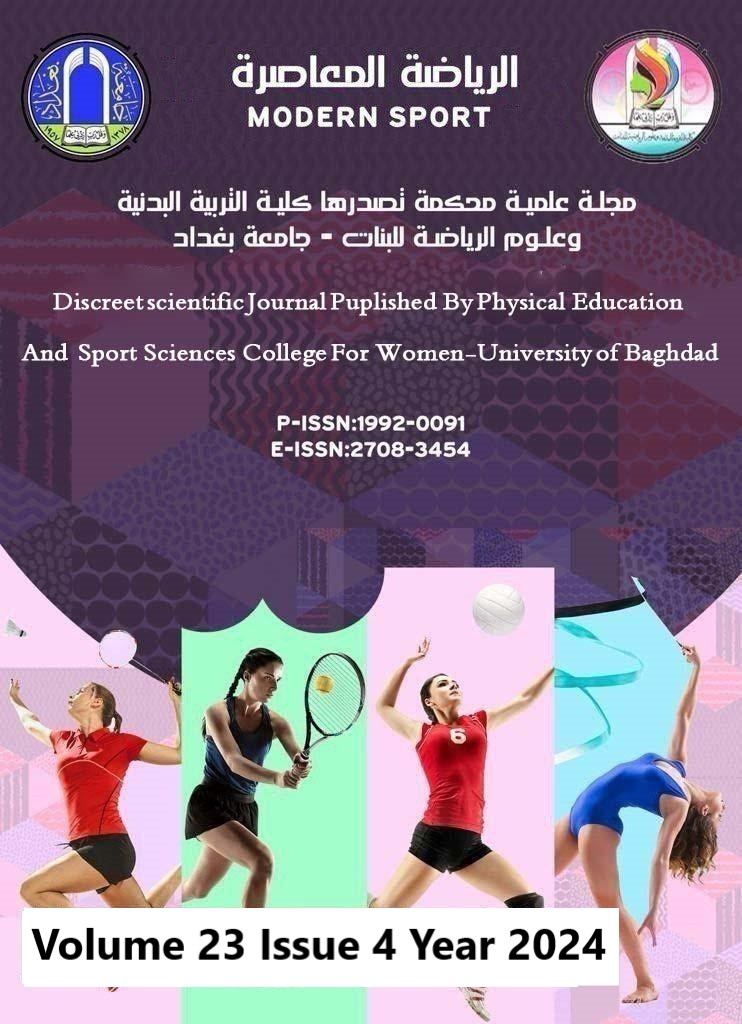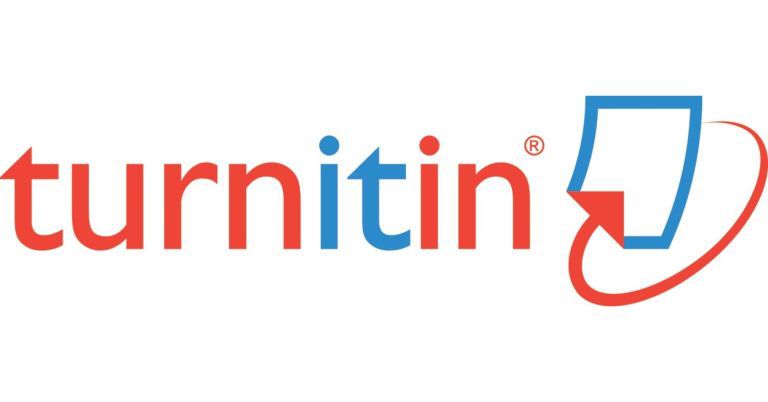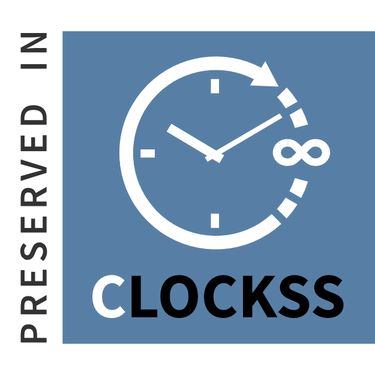The Effect of Cardio Exercises on Cholesterol, Low-Density Lipoproteins (LDL), and Body Mass Index in Women Aged 30–35 Years
DOI:
https://doi.org/10.54702/kbev9576Keywords:
Cardio exercises, cholesterol, low-density lipoproteinAbstract
The importance of the research was achieved through practicing cardio exercises, which work to modify cholesterol levels and low-density lipids in the body, in addition to reducing the body mass index in the research sample, represented by women aged 30-35 years. The research problem lies in the fact that high levels of cholesterol and low-density lipoproteins (LDL) in the blood are among the most prominent risk factors leading to cardiovascular diseases. This health problem is especially important for women, as they face hormonal changes associated with aging and menopause, which affect blood fat levels and increase the likelihood of fatty deposits accumulating in the arteries. Therefore, cardio exercises help adjust cholesterol and low-density lipoprotein levels in addition to body mass index, thus helping to avoid some diseases associated with these factors. The research aims to prepare a cardio exercise program that suits the research sample's capabilities and identifies its effect on cholesterol, low-density lipoproteins (LDL), and body mass index in the research sample. The researchers used the single-group experimental method. As for the research procedures, the researchers prepared a special list for each individual in the research sample, in which all the information required for the research results was recorded, with specific fields for name, age, weight, and height, in addition to a field for the (LDL) percentage. The researchers prepared a cardio exercise regimen that suited the research sample. The pre-tests were conducted on Thursday, 1/06/2023, which included measuring the cholesterol percentage, low-density lipoprotein (LDL), and body mass index (BMI) and recording them in the special list for each individual in the research sample, which was placed within the previously mentioned form. The research variables were measured. Then, the exercise regimen was applied for (12) weeks at a rate of three sessions per week, after which the post-tests were conducted under the same conditions as the pre-tests. On 30/08/2023, the measurements and tests for the research variables were conducted to obtain accurate results. As for the conclusions reached, using cardio exercises for women aged 30-35 years helped reduce cholesterol levels in the body. It also reduced the percentage of low-density lipoprotein (LDL) present in the body. The researchers recommended relying on cardio exercises to reduce cholesterol, low-density lipoprotein, and body mass index in the body. They also advised periodically monitoring cholesterol levels and low-density lipoprotein (LDL) percentages because their increase can lead to heart and arterial diseases, emphasizing their importance in maintaining health. and this achieves one of the sustainable development goals of the United Nations in Iraq which is (Good Health).
References
Ahmed, Akram J. (1998). Effect of weight reduction on serum lipid profile, Al-Rafidain Journal for Sport Sciences, volume 4, number 10.
Ashley Marcin. (2020). https://www.healthline.com/health/fitness-exercise/benefits-of-aerobic-exercise
Krouse.S.et al. (1995). Post Exercise Lipid Changes: Effect of Training Intensity. Medicine & Science in Sports & Exercise.
Manson, J. E., Colditz, G. A., Stampfer, M. J., Willett, W. C., Rosner, B., Monson, R. R., ... & Hennekens, C. H. (1990). A prospective study of obesity and risk of coronary heart disease in women. New England Journal of Medicine, 322(13), 882-889. https://doi.org/10.1056/NEJM199003293221303
Haskell, W. L., Taylor, H. L., Wood, P. D., Schrott, H., & Heiss, G. (1980). Strenuous physical activity, treadmill exercise test performance and plasma high-density lipoprotein cholesterol. The Lipid Research Clinics Program Prevalence Study. Circulation, 62(4 Pt 2), IV53-61.
Abu Alaa, A. A, & Ahmed Naser Al-Din. (2003). Physiology of Physical Fitness. Cairo: Dar Al Fikr Al Arabi, p. 64.
Ahmed Tawfiq Hijazi. (2013). Nutrition and Diet According to Blood Type: Healthy Nutrition and an Effective Diet for Weight Loss and Obesity Reduction.
Al-Hayali, Kisra Ahmed Fathi. (2003). The Effect of Two Programs, Nutritional and Nutritional-Sports, on Certain Functional and Biochemical Variables, Body Composition, and Physical Fitness. Unpublished Doctoral Dissertation, College of Physical Education, University of Mosul.
Hayat, Mustafa Jawhir. (1987). Sports Nutritional Balance, 1st Edition, Al-Anbaa Printing Press, Kuwait.
Diane Dahm, & Jay Smith. (2006). Mayo Clinic Fitness for Everybody. Arab Scientific Publishers, 1st ed., Beirut, Lebanon.
Al-Zuhairi, Abdullah Mahmoud Dhanoun. (1992). Human Nutrition. Mosul: Dar Al-Kutub for Printing and Publishing.
A'id Fadel Malhem. (2011). Physiological Sports Medicine: Contemporary Issues and Problems. Jordan: Hamada Institution for University Studies, Publishing, and Distribution; Dar Al-Yazouri, Irbid.
Carla Yard Deman. (2001). The Quick Diet for the Third Millennium (Vol.1). Arab Scientific Publishers.
Mohammed El-Sayed El-Amin, & Ashraf Nabeeh. (2010). Body mass index and its relationship to risk factors for metabolic syndrome among practitioners and non-practitioners of sports activity. In The Thirteenth International Scientific Conference, Helwan University, Egypt.
- Hazza bin Mohammed Al-Hazza. (2005). Anthropometric measurements of humans. Riyadh, Kingdom of Saudi Arabia: King Saud University.
Downloads
Published
Issue
Section
License
Copyright (c) 2024 Modern Sport

This work is licensed under a Creative Commons Attribution 4.0 International License.















